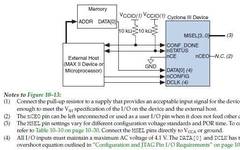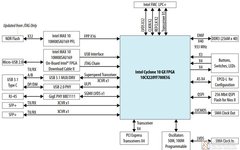The Kernel Cornerstone of Linux Concurrency Programming: In-Depth Analysis of fork(), clone(), and pthread
When building high-performance, highly concurrent Linux applications, understanding the underlying mechanisms of processes and threads is crucial. <span>fork()</span> and <span>clone()</span> are two core system calls that not only form the basis of process creation but also directly impact the implementation and performance of threads. This article will delve into the workings of <span>fork()</span> and <span>clone()</span> … Read more


